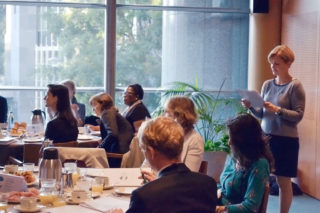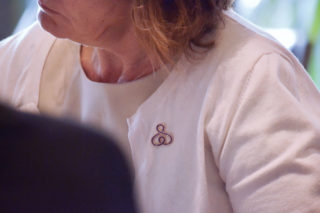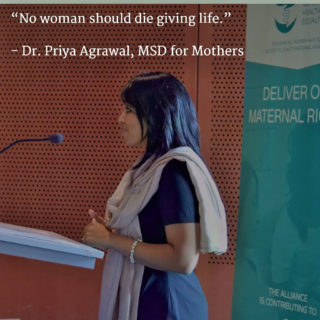On 29 September 2015, the Alliance for Maternal Health Equality organized a discussion with policy makers and experts at the European Parliament, as part of the first Safe Motherhood Week in Europe.

The Alliance stakeholders in the midst of the discussion
Your mother. She is your pillar. She knows what to do, always and in any situation. Somehow, she can fix any of your problems, go to work, manage a household and take care of the rest of the family, all at once. She was given the badge of motherhood, the second she had you. But with the great power of motherhood also comes great responsibility. And, somehow, the mother ends up being the last person to receive proper care and attention when it comes to health.
A lot of women do not receive proper healthcare before, during and after pregnancy, all crucial periods in their steps towards motherhood. The issue is just as valid for Europe, as it is for the rest of the world. Let’s face it: when it comes to safe motherhood, there is no more global North and global South divide: everywhere, mothers face difficulties, such as lack of information and access to healthcare.
Somehow, maternal health has remained off the radar in Europe, as it is considered to be more of a developing world problem. However, striking statistics show that it is time to urgently act together in order to bring maternal health rights back on the table and to empower mothers in Europe to embrace a happier, healthier maternity.

The Safe Motherhood Week pin, representing a mother embracing and protecting a child, is the symbol of the movement
For the Alliance for Maternal Health Equality, this means calling on policy makers to ‘Deliver on Maternal Rights’ and our first step in achieving this was organizing a breakfast discussion on the topic at the European Parliament on 29 September 2015.
We aim to permanently change the EU discourse, making sure that policies on maternal health equity are improved and put into practice. With this in mind, our immediate next steps, following the successful event, include pushing for a Declaration on maternal health in the European Parliament.
Delivering on maternal rights
| Participants included the European Parliamentarians Forum on Population & Development (EPF), the International Organization for Migration (IOM), Save the Children, European Commission, EuroHealthNet, the Platform for International Cooperation on Undocumented Migrants (PICUM) |
The event brought together more than 35 policy experts on matters related to maternal health, proving that the issue has many faces: from health access and equity issues, gender equality and parental leave to immigration policy.
Together, we all spoke with one voice on the need for maternal health equity in Europe. The discussion was intense, with participants open and willing to share their own experiences, both personal and professional, when it comes to facing the issue of safe motherhood. Everyone found a common ground in the plethora of issues that mothers in Europe are facing. As Dr. Priya Agrawal from our founding member, MSD for Mothers underlined: ‘no woman should die giving life.’
Why Europe?
And yet, why do mothers continue facing health inequities and difficulties in Europe, the richest continent in the world, an example to many when it comes to healthcare? As the participants in the discussion outlined, there are a lot of reasons:
- In an EU of 28 Member States (MS), healthcare continues being a national competence. This means no common, overarching EU legislation can exist in this field. We have differing health systems, standards and practices. This often means that, for example, a Romanian mother in Belgium needs to navigate through a labyrinth of different rules and regulations in order to get the healthcare she needs.
- In addition to that, successes and failures of the healthcare systems in Europe are difficult to measure in terms of resilience and sustainability. A resilient healthcare system would be one that could also accommodate the ongoing, at times unexpected needs of an increasingly diverse population: an example is the current refugee crisis, with migrant mothers often facing dire conditions after their arrival in Europe.
- Ultimately, as highlighted several times during the discussion, maternal equity is interconnected with a number of policy areas and needs to be proactively integrated into EU discourse on issues such as maternity leave, migration and healthcare alike.

Dr. Priya Agrawal, MSD for Mothers, during the event
What next?
We all agree: mothers deserve the best possible healthcare. The 29 September event was the first step towards delivering a permanent change in Europe working together with our stakeholders to make it better: through smarter cooperation, focusing on what can be done already, and sharing best practices.
The discussion was an eye-opening experience that showed us that a lot more needs to be achieved and we are firmly headed in this direction. One thing is certain: we cannot remain indifferent anymore. Think about it: what if your mother had not been behind you all these years? As the Alliance for Maternal Health Equality, we intend to support all mothers, making sure their rights are in place. What about you?
